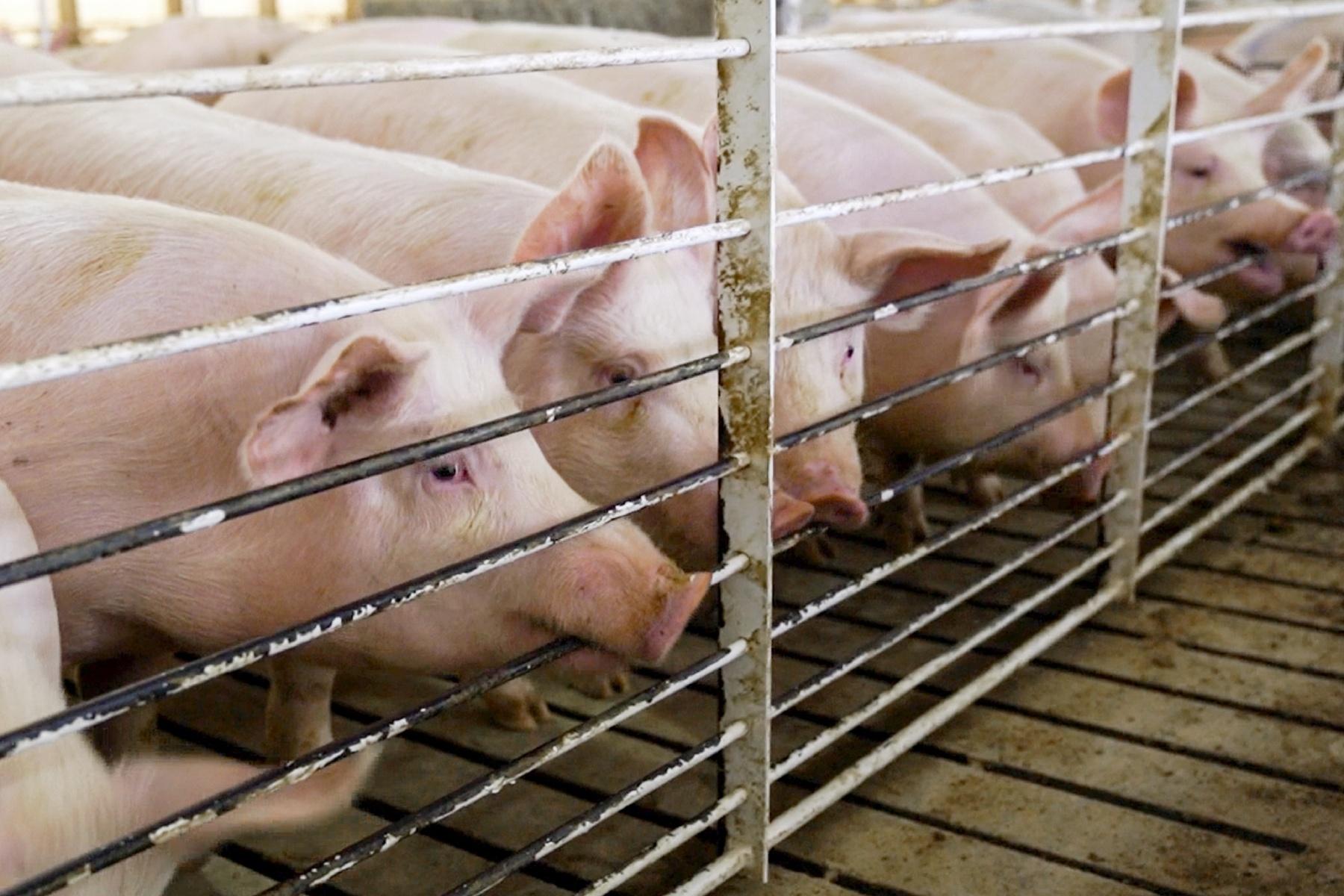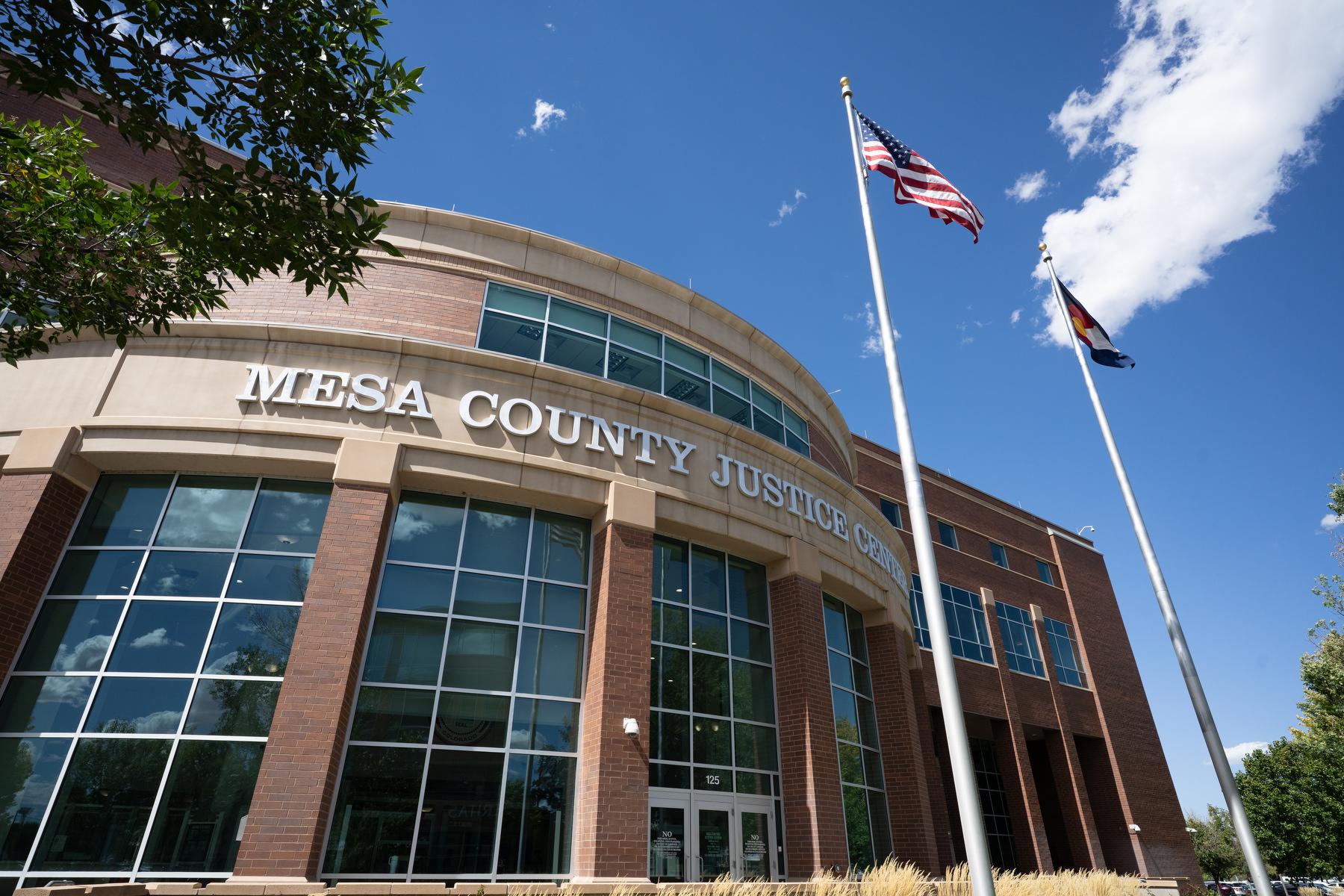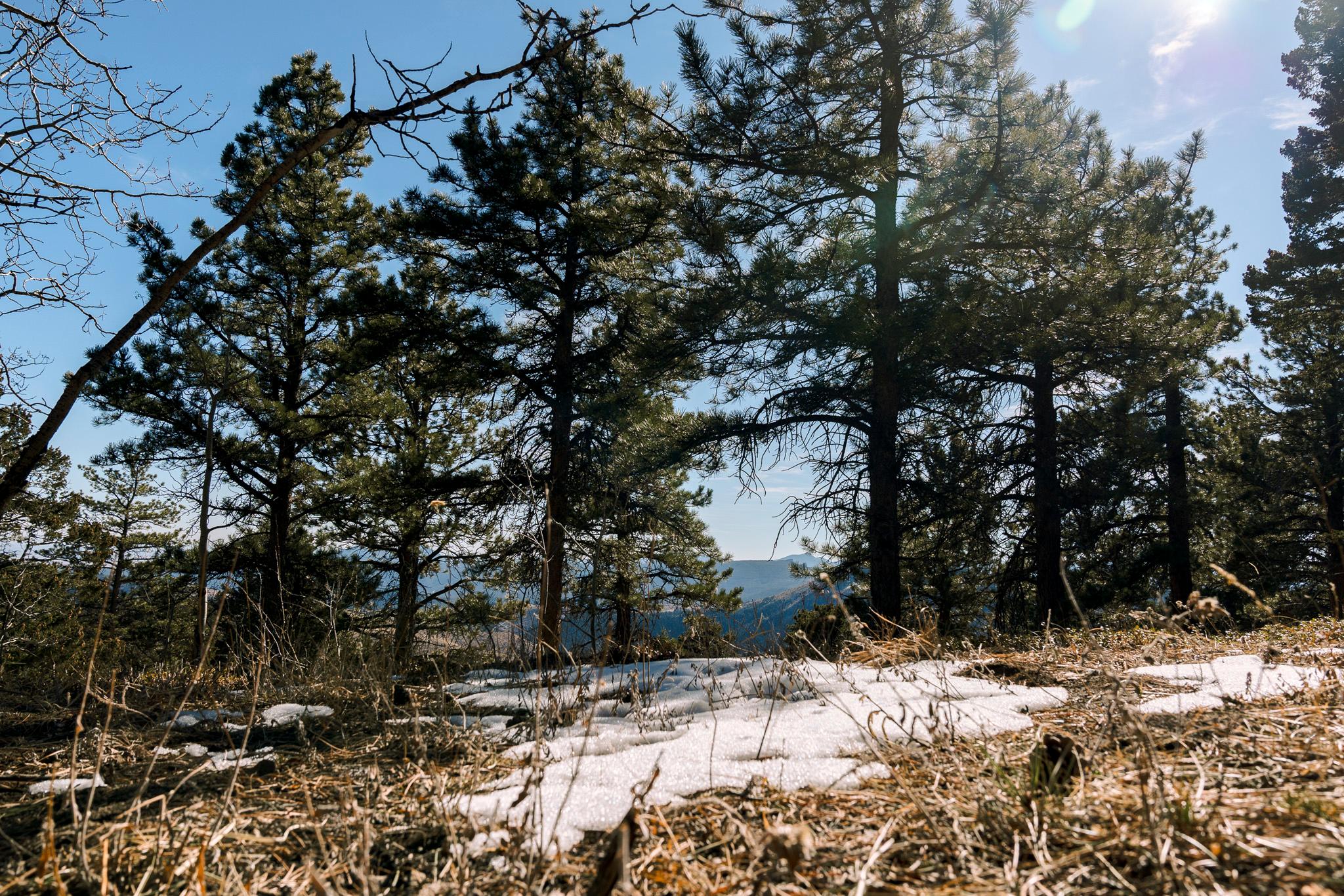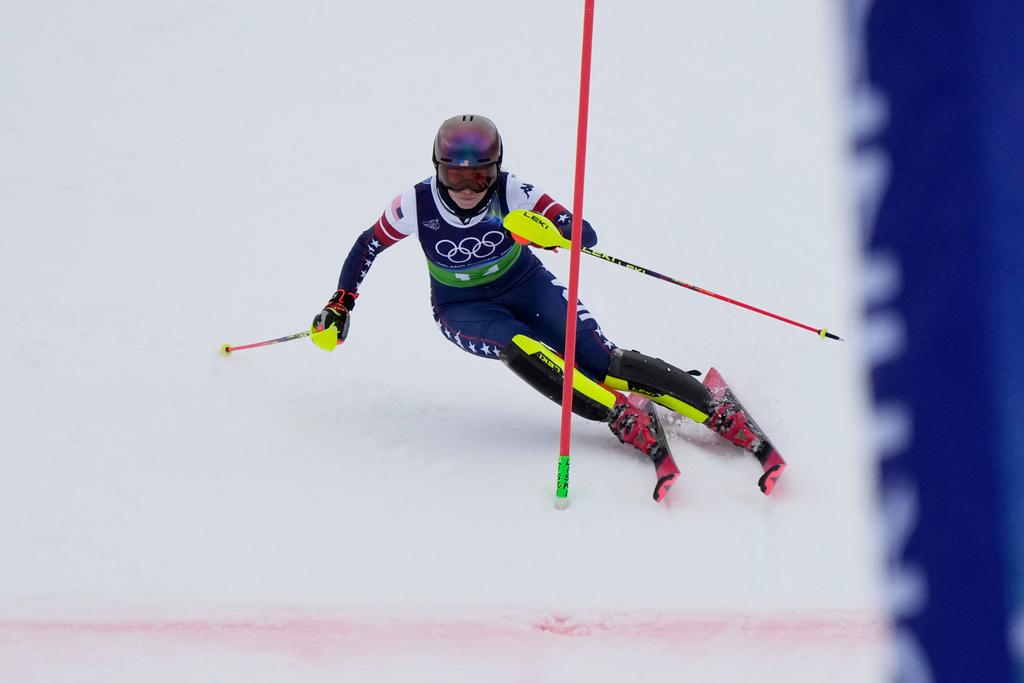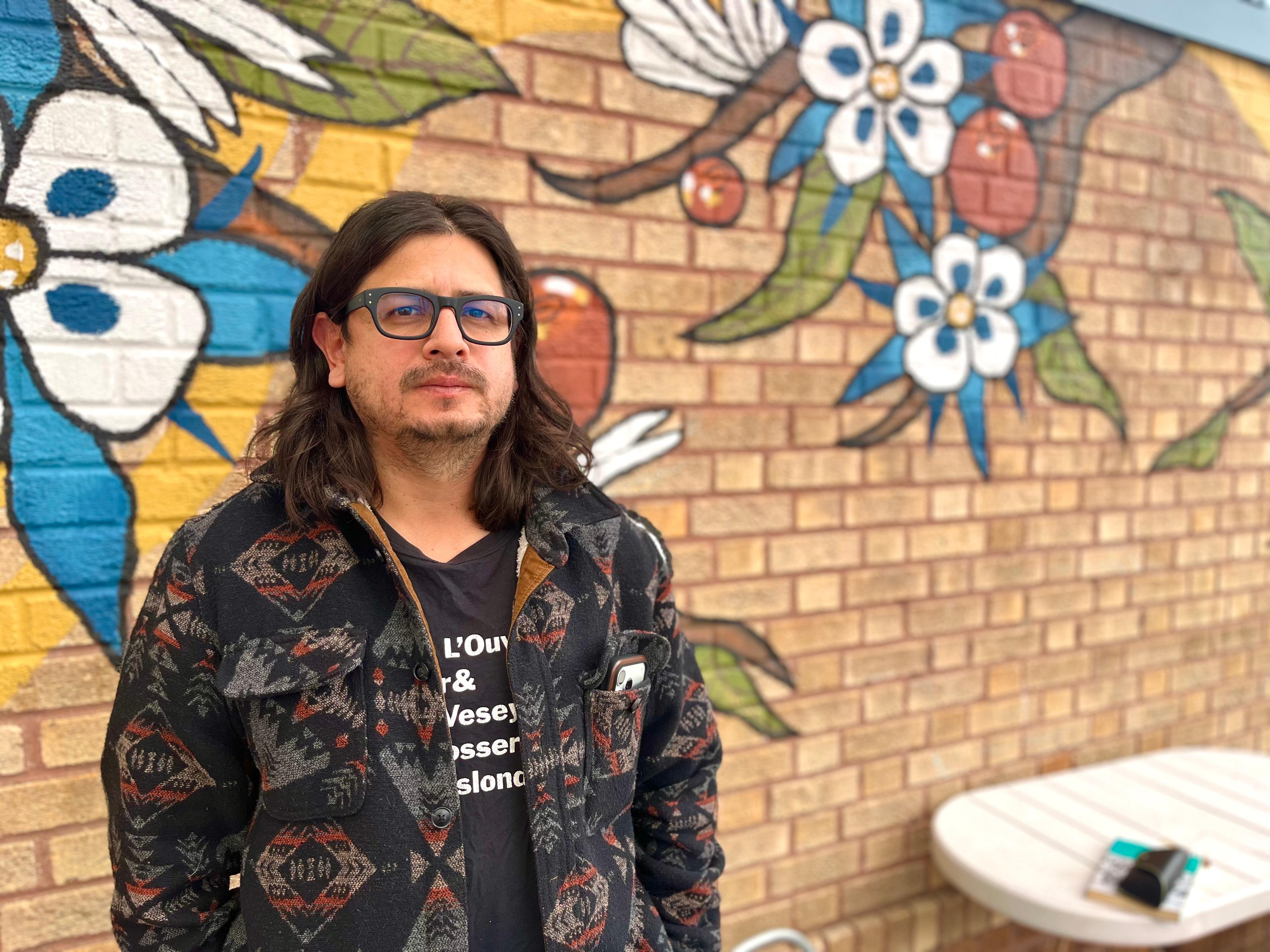
“Backside” is a cinéma vérité-style documentary that observes the lives of the workers who care for the horses at Churchill Downs, the home of the Kentucky Derby.
The film – created by Denver-based director Raúl O. Paz-Pastrana – recently screened at the Denver Film Festival. It will be available to the public in 2026 via PBS’ Independent Lens in April, followed by a release on Amazon Prime in July.
Paz-Pastrana’s work is known for being participatory and allowing subjects of color agency over their narrative. So when he set out to make “Backside,” the workers were his north star.
Paz-Pastrana first gained access to the stable staff, known professionally as grooms, and started building trust in the community with the help of a field producer, who was a former expert groom at Churchill Downs.
“He knew everyone; all the grooms, he knew most of the trainers. And he's a very likable guy,” Paz-Pastrana said. “So him and I would go in and we'd just walk around the backside and meet grooms, and he's like, ‘Hey, he's a filmmaker. He wants to make a film about our story and our work. Would you be interested and will be our point of view?’”

Everyone they talked to said yes. So Paz-Pastrana and the former expert groom kept visiting, and filming, and hoping for the best.
“Because I'm over with the film, I'm just gonna say it,” Paz-Pastrana joked in a Q&A after a screening at the Denver Film Festival, “You know – do it first and ask for forgiveness later. We did get permission (from the Kentucky Derby) eventually…but the first three (of four) years were like incognito.”
How does a Colorado documentarian end up making a film about the Kentucky Derby?
Paz-Pastrana first got the idea for “Backside” when he and his wife, Emily, used to visit his parents-in-law in Lexington, Ky.
On one of their trips, they toured a horse farm – and on that tour, Emily brought something to attention. She said, “Look who’s around the horses.”
“After I saw the immigrants around the horses, I could not stop seeing the immigrants more than the horses,” Paz-Pastrana said. “I got obsessed.”

He wanted to know how the workers built community, what their relationships with the animals were like, and how they survived.
When the obsession kicked in, Paz-Pastrana started researching.
He watched some films, he said. But they were all about jockeys, or trainers, or horses. None of the stories centered on the grooms.

When Paz-Pastrana discovered this, he decided he’d be the one to tell the grooms’ story.
From community organizing to filmmaking
Twenty years ago, Paz-Pastrana was a labor and immigrant rights organizer. He worked for multiple non-profits in Fort Collins, Denver and Aurora, including: Fuerza Latina, SEIU Local 105, Rights for All People, and Centro de los Trabajadores. But one day, a friend introduced him to filmmaking.
“I loved it,” he said. “And I'm like, I want to do this… I love camera, I love composition, color, and trying to set up the best kind of shot with the best lenses, or whatever lens I have.”
But a step towards filmmaking wasn’t a step away from community action.
“I consider myself an activist first and anything else later,” Paz-Pastrana said. “When I worked in construction, I was an activist. And then when I worked in cleaning, I was an activist. And then now that I'm a filmmaker, I'm an activist – and then I'm a filmmaker.”
Why immigrant stories?
“There's several reasons why I make any film,” Paz-Pastrana said. “What drew me to make films about immigration… it was my own experience.”
Paz-Pastrana’s family immigrated to Colorado’s Roaring Fork Valley from Chihuahua in 1993. But he said his ancestors have been traveling to Colorado since the Great Depression, or maybe even earlier.
When he was reflecting on organizing and thinking about filmmaking, he said, “I was also growing and realizing that what I wanted to talk about [was] what it is to be an immigrant.”

Most immigration stories, Paz-Pastrana said, feel like “immigration porn.” They’re hooked on the doom and gloom of border crossings and other horrific events.
“But my family and friends that were crossing, the way they tell the stories is very different,” Paz-Pastrana emphasized. “They are with humor…they will put themselves as heroes.”
“That, I didn't see reflected on the news or in other films,” he said. “So I wanted to make films that reflected that part, which I saw more from the stories that people would tell me.”

He said many documentarians set out to make films that will change the world. But he doesn’t think that should be the goal. He doesn’t even think that’s possible.
“Documentary is part of an ecosystem where people who are changing the world are on the front lines,” Paz-Pastrana said.
He believes documentarians play a supporting role in that fight.
“There is a community here in Colorado that's committed to keep that alive and to keep telling our stories, to see us reflected on the screen,” Paz-Pastrana said. “And we see the importance even more now than ever.”
Editor's note: As part of CPR’s community service policy and mission statement, this story has been updated.
- If you missed these films at the Denver Film Festival, here are some titles to add to your streaming queue
- ‘We can choose to take action’: Filmmaker Anayansi Prado on ‘Uvalde Mom’ and what Colorado can learn from the shooting
- Here’s why it’s hard to find independent films in movie theaters — and where to find them in Denver

